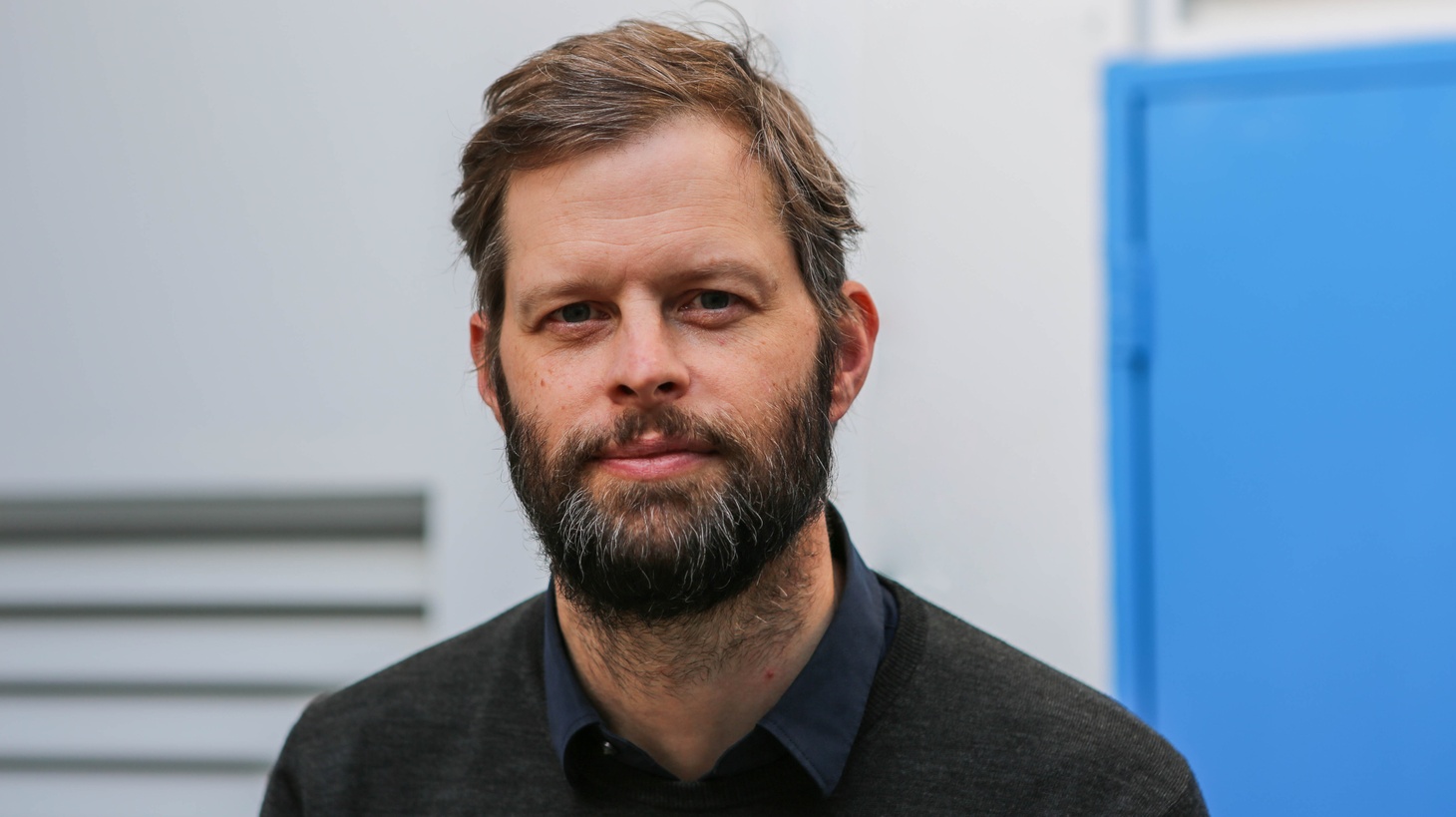News
Monday Memo
March 25, 2019

This week we're talking about the Festival Neue Literatur, which APS contributor John Wray chairs this year. We asked him a few questions:
- What does it mean to be the chair of FNL? For me, it means being granted the privilege—largely due to the happy accident of having been born with a foot in both cultures—of serving as emcee at a celebration of some of the most vital and idiosyncratic new talent in America and the German-speaking literary world. I basically get to mumble a few words of introduction, then sit back and watch the cross-pollination happen. I know firsthand that important alliances are begun at this festival, because I began some myself, back when I was a participant. That's always especially fun to witness. Does that make me a voyeur?
- What makes the festival unique? I particularly love the spotlight that the FNL shines on translators: not simply on the importance of translation as a cultural force, but on the translators themselves. Our greatest translators are artists in their own right—virtuosi, in fact—and sorely underappreciated, in my experience, even in literary circles. For the span of a weekend, at this festival, they get the rockstar treatment. That's pretty gratifying.
- APS contributors like John Keene and Idra Novey are among the participants. Thematically, what event would you most recommend to APS readers?I'm very much looking forward to an event at NYU Deutsches Haus at 2 p.m. on Sunday, The Author's Voice, in which a handful of gifted New York actors will read selections from the writing of the six Austrian, German, and Swiss authors featured by the FNL this year. I've followed the work of some of these writers for years now, and this event will be the first time that many of them have ever appeared in the U.S. This is the one to attend if you want to find out who the next stars of the German-speaking world are going be. Some of them are already getting famous.
- Your most recent novel, Godsend, explores a teenage girl's desire to become an Islamic militant, and was named a best book of 2018 by the Wall Street Journal, the San Francisco Chronicle, the Guardian, and Oprah.com. Did anything surprise you about the book's reception? Godsend's subject was a delicate one to take on in times such as these, under our current administration, when Islamophobia is running as high as it has at any time since 9/11. I was terrified, as a non-Muslim, of writing a book that did more harm than good. It came as a tremendous relief, to be honest, that both reviewers and readers have been so very sympathetic. It's what every writer hopes for.
- You wrote about "impossible sightseeing" in New York City for A Public Space, and now you're living in Mexico City. Any additions you've found there?I wouldn't know where to begin! "Impossible Sightseeing," which was published by APS way back in 2009, was a guide to places of interest in New York City—the North Brother Island quarantine hospital, for example, or the Underground Home of Tomorrow from the 1964-1965 World's Fair—that are off-limits, or otherwise unreachable, and can therefore only be visited in one's imagination. A prime contender in Mexico City might be the Capilla de Santa Muerte (the Chapel of Saint Death), at which sicarios for the Mexican cartels reputedly pay their respects before and after assassinations. An even better contender would be Lago Texcoco—the vast lake on which the Aztecs built their ancient capital, Tenochtitlán—which has since completely vanished under the megacity. If you find a way down to that one, dear reader, let me know!
Recent News
Writing Fellows
We're pleased to announce the 2024 A Public Space Writing Fellows.
July 1, 2024